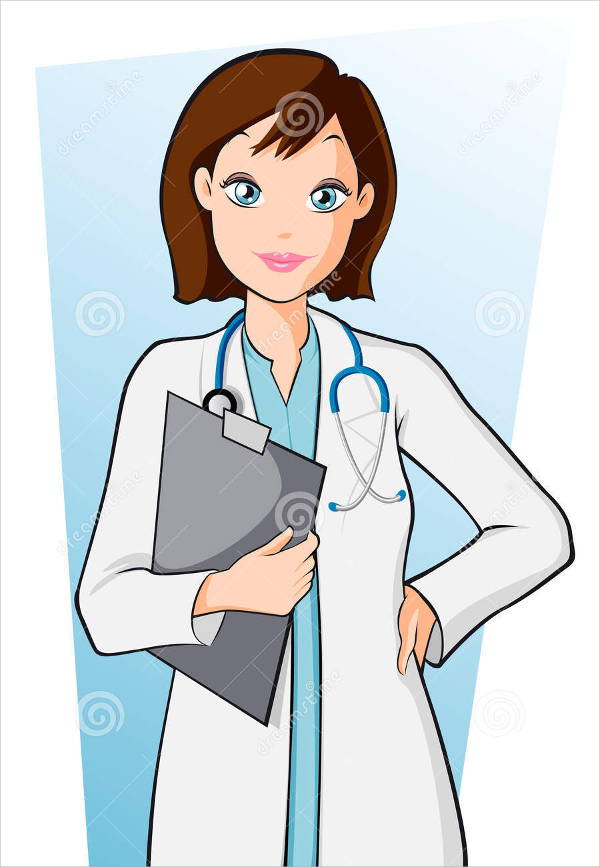Is alcoholism a disease? This is a real hot potato for the addiction field and I’m sure you have your own view on the topic. You may have even seen that every now and again, some study claims to have produce ‘conclusive proof’ that alcoholism is a ‘disease’ or is genetically transmitted. However, thus far, no one has provided the incontrovertible evidence that convinces both sides of the argument. This is our take on it.
Is alcoholism a disease?




My hubby used alcohol as an escape but then it developed into an addiction. I agree that once we get used to something in our system, our bodies expect it. Personally, I don’t like the idea of calling this a disease…as you said, it gives the addict the green light and they feel it cannot be helped and they expect sympathy. I heard this with my sister when it came to gambling. She said there is a commercial that says it is a disease, so there….not my fault that I just spent the rent money gambling… .As you said, there is help and this addiction mindset can be reversed. thank you for your common sense input.
I say ” I think you are a functioning alcoholic” he responds “No, Im a person who likes a drink” Despite all the problems he drinking causes. His family members call it a disease but then his father was also a problem drinker. See I have even managed to use a number of different terms. No wonder there is such a debate.
So could it be in the Genes? Why would you want to treat your family like your father treated yours??? They say an apple does’nt fall far from the tree. I actually pray that my children grow up with a good relationship towards drink – is that even the right words?? I do have the view that the drinker has the ” choice” other people do not. X
My hubby’s family did not drink at all. His father said it was poison. There was never alcohol at the home growing up but my father in law was somewhat abusive and hubby turned to substance at a fairly young age. He didn’t drink so much at first but dabbled in mind altering drugs. When we met, he promised to stop all that…little did I know he would replace it with alcohol. He has always had a problem with being addicted to something and thinks I should feel sorry for him and understand, but like you said, it has affected our relationship and our children.
Personalty I like the term disease. As I do see it as a disease, as my rehabilating drinker had zero choice at the time if he chose to drink. Realising he was drink dependent/alcoholic actually helped me to understand as opposed to hate him for his constant choice of drink over family, work and any amd every other thing.
He is recovering and absolutely agree, as much as its a disease only one way to cure it and that’s by hard work, determination and coping strategies to make sure not choosing drink. I’m here to support him, but only one person who can do it and as much as I saw it and do see it as a disease, If there was a relapse I would be a lot less tolerant this time. As with love, knowledge, help and family support HE still allowed it to take control again, I wouldn’t be sticking around again
I absolutely agree with this. At the beginning I believe my husband didn’t have or know a choice. However now he has gained strategies through treatment so if he relapsed he would be doing so through choice. Choosing drink rather than the positive strategies of dealing with his mental health.
Very helpful, thank you. Thinking out loud – I’m currently finding that the same kinds of issues can come up when talking about personality problems like ‘narcissism’. The effects of all these kinds of problem on people are so severe that it’s hard not to battle against feelings of helplessness, frustration, anger or even hate towards the person afflicted. People who care greatly and who love those caught up in these destructive, vicious cycles can end up in their own vicious cycles feeling guilty and trapped, wanting to help but feeling powerless to help the person (who is caught up in a different kind of problem). Does it help to talk about power and autonomy instead and focus more on the problems being those things and people that engender powerlessness and which compromise autonomy?
I’ve found the TED dynamic (The Empowerment Dynamic) really helpful – it looks at the ways in which we can free ourselves from these dreaded drama triangles. Life can be so tough. But I will continue to work on making lemonade from lemons, following the pony under all the poop and salvaging what’s good from it all.
Apparently that poop is good for the roses. And scientists believe that the roses thorns’ purpose is to protect them from animals which might be attracted to their sweetness and eat them. Obviously, if you’re a rose, those sharp prickles are indispensable. It’s a good job they have them. And you can’t have lemonade without sweetness.